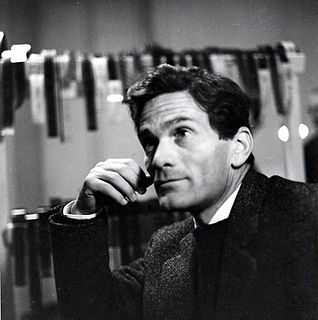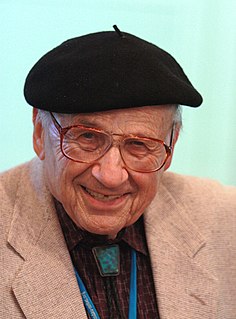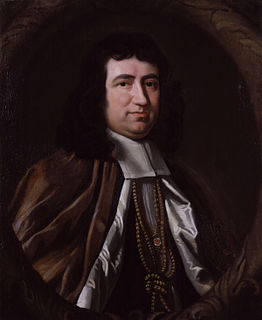A Quote by Henry Ward Beecher
Religion, in one sense, is a life of self-denial, just as husbandry, in one sense, is a work of death.
Related Quotes
Death does determine life. Once life is finished it acquires a sense; up to that point it has not got a sense; its sense is suspended and therefore ambiguous. However, to be sincere I must add that for me death is important only if it is not justified and rationalized by reason. For me death is the maximum of epicness and death.
An important distinction can be made between religion and spirituality. Religion [is] concerned with faith in the claims to salvation of one faith tradition... Spirituality is concerned with qualities of the human spirit, love and compassion, patience, tolerance, forgiveness, contentment, a sense of responsibility, a sense of harmony, that bring happiness both to self.
I was living my own future and my brother's lost one as well. I represented him here just as he represented me there, in some unguessable other place. His move from life to death might resemble my stepping into the kitchen - into its soft nowhere quality and foggy hum. I breathed the dark air. If I had at that moment a sense of calm kindly death while my heart beat and my lungs expanded, he might know a similar sense of life in the middle of his ongoing death.
Can you remember how you felt when you were communicating through your artwork? Not just the sense of completion, but the sense of rightness- the sense that you had brought to life something that could live beyond your sphere of being, that held in it far more potential than you ever realized you were imbuing in the work?
I suppose everyone continues to be interested in the quest for the self, but what you feel when you're older, I think, is that ... you really must make the self. It is absolutely useless to look for it, you won't find it, but it's possible in some sense to make it. I don't mean in the sense of making a mask, a Yeatsian mask. But you finally begin in some sense to make and choose the self you want.
I don't necessarily view death as something negative. Death gives meaning to life. Living in fear of death is living in denial. Actually, it's not really living at all, because there is no life without death. It's two sides of the one. You can't pick up one side and say, I'm just going to use the 'heads' side. No. It doesn't work like that. You have to pick up both sides because nothing is promised to anyone in this world besides death.
I am very much a scientist, and so I naturally have thought about religion also through the eyes of a scientist. When I do that, I see religion not denominationally, but in a more, let us say, deistic sense. I have been influence in my thinking by the writing of Einstein who has made remarks to the effect that when he contemplated the world he sensed an underlying Force much greater than any human force. I feel very much the same. There is a sense of awe, a sense of reverence, and a sense of great mystery.
An anecdote is related of Sir Anthony Ashley Cooper (1621-1683), who, in speaking of religion, said, "People differ in their discourse and profession about these matters, but men of sense are really but of one religion." To the inquiry of "What religion?" the Earl said, "Men of sense never tell it".






































